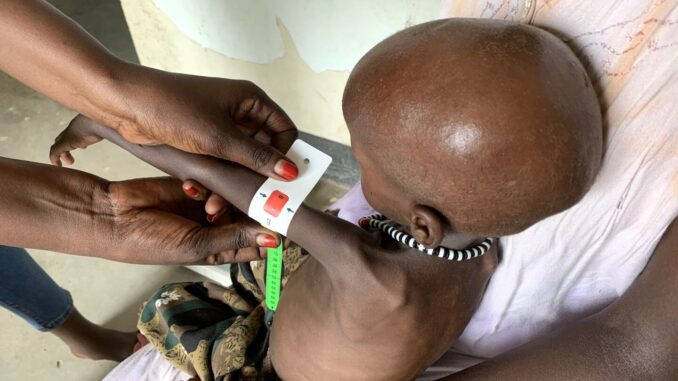
Malawi, in southern Africa, has declared a state of disaster due to drought affecting 23 of its 28 districts, urgently seeking over $200 million in humanitarian aid, following Zambia’s recent plea.
This crisis, linked to the El Niño weather pattern, compounds food shortages across the region, with Zimbabwe considering a similar declaration. The U.N. World Food Programme previously warned of a hunger crisis in southern Africa, exacerbated by El Niño, affecting nearly 50 million people before this dry spell. USAID estimates over 20 million in the region will need immediate food assistance in 2024 due in part to El Niño’s impact. Recent data from the WFP shows severe drought in Zambia, Zimbabwe, Malawi, Mozambique, and parts of Angola. Maize, the region’s staple, suffers greatly. El Niño’s global weather disruption, worsened by climate change, intensifies its effects, evidenced by the severe 2015-2016 drought, the worst in 35 years. Wildlife also suffers; drying waterholes claimed at least 100 elephants in Zimbabwe.
Even before the Malawi and Zambia’s declarations, the WFP and USAID initiated aid programs in Zimbabwe. Oxfam reports acute food shortages and malnutrition affecting 30% of Zambia’s population. Malawian President Lazarus Chakwera’s assessment revealed a dire situation, with 44% of Malawi’s corn crop failing or affected, impacting 2 million households. Chakwera calls for 600,000 metric tons of food aid, emphasizing the urgent need.
Malawi’s repeated weather extremes underscore how climate change disproportionately affects the world’s poorest, despite their minimal emissions. Cyclone Freddy, among others, devastated southern Africa in recent years. In 2022, floods exacerbated Malawi’s cholera outbreak, claiming over 1,200 lives, with Zambia facing a current outbreak.
